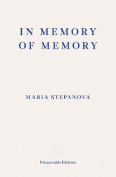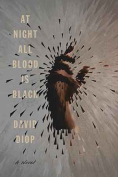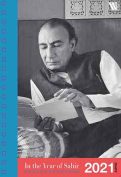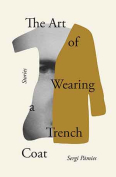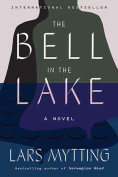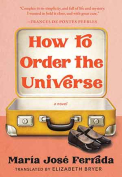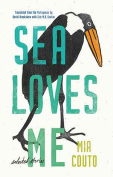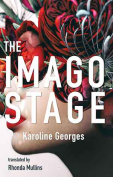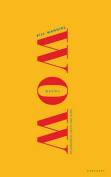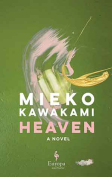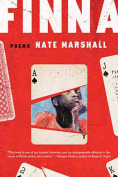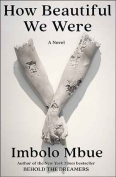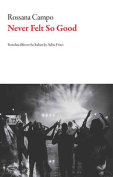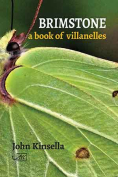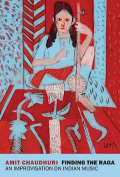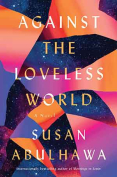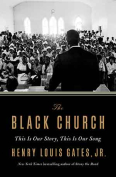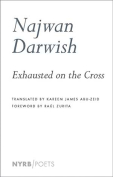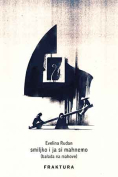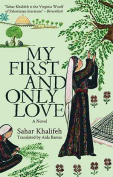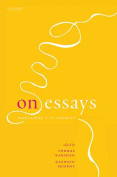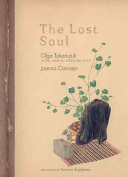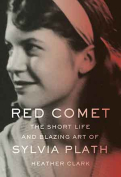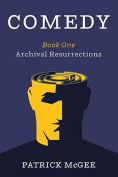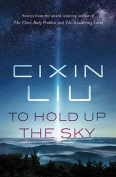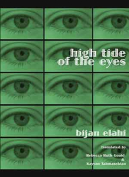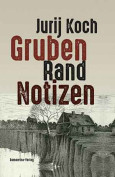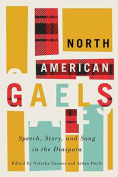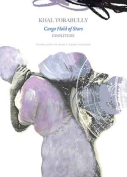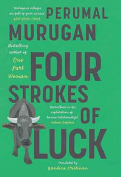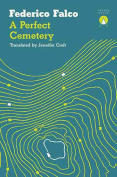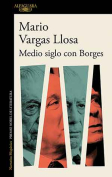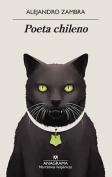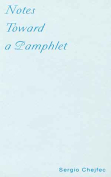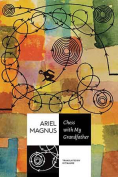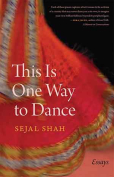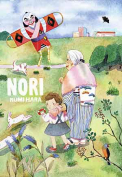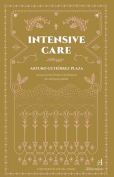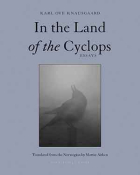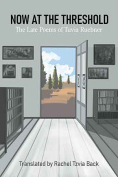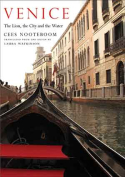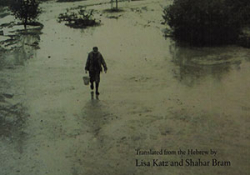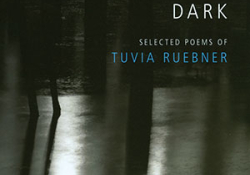Now at the Threshold: The Late Poems of Tuvia Ruebner by Tuvia Ruebner
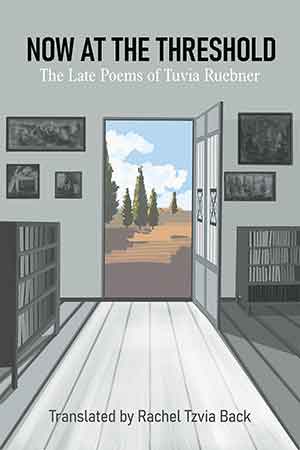 Cincinatti. Hebrew Union College Press. 2020. 188 pages.
Cincinatti. Hebrew Union College Press. 2020. 188 pages.
THE POET TUVIA RUEBNER left this world just months before the arrival of a pandemic that has since shaken it. For a life shaped by continual loss, both communal and personal, this seems a small measure of mercy. But as I read through Ruebner’s late poems, gathered in a superb bilingual collection of translations by Rachel Tzvia Back, I wondered whether the global health crisis would have affected him at all.
Though his life spanned two centuries, traversed two continents, and encompassed two languages (German, his mother tongue, and Hebrew, his adopted and main language of composition), Ruebner took up remarkably little space. As a teenager he traveled from his native Bratislava to Kibbutz Merhavia in northern Israel, where he remained in a modest two-room home until his death at the age of ninety-five. Terms like “social distance” and “shelter in place” never entered his parlance, but the concepts were intuitive for him. For this reason, his poems are needed today more than ever before. They observe the wonders of the quotidian, the splendor in the small, and above all the beauty that eases pain. In Ruebner’s words: “Suffering also asks to speak, as does rage, disappointment too, / ruin, regret. / So many facets to life, turn them over and over again — / all are beautiful to poetry.”
Ruebner was a poet not of “false starts” but of “false stops.” Late in life he published the collection Last Ones (2013), which bluntly signaled his impending retirement. Ironically, as Back points out in her excellent introduction, the swan songs kept coming: in 2015 The Crossroads and Still Before appeared, followed by More No More in 2019, shortly before Ruebner’s ninety-fifth birthday. Back’s collection encompasses all three volumes, rounding out not only the poet’s prolific corpus but also her ongoing engagement with it. Back deftly replicates Ruebner’s terse language and rhythms, for instance with the lovely turn of phrase “so much / plentiful / life” to match the syllabic count of the Hebrew (kol kakh harbeh ḥayim). Considering that Ruebner took to writing haiku late in life, every syllable surely matters.
At times celebratory and at times mournful, the poems are rooted in the mundane but occasionally turn political, reflecting the poet’s disenchantment in recent years with Israel, “This land where truth turns its back on itself,” and concern for the refugee crisis (“Lampedusa: Terra Fermé”). For a poet who occupied little space, the scope of his empathy was expansive. With this elegant volume, Back has carved out slightly more space for a poet who reminds us that, despite every challenge we face, “It’s beautiful to be alive.”
Rachel Seelig
Toronto, Canada

